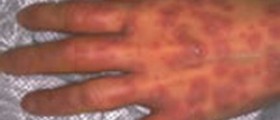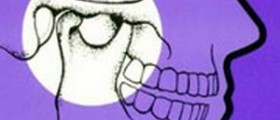
Causes behind Chronic Pain Syndrome
As it was mentioned above, it is very hard to pinpoint possible culprits behind this problem. The stimulus for pain may be anything from seeking attention from friends and family, or wanting a day off from work to battling with emotional issues such as guilt, responsibilities, sexual demands etc. Naturally, an underlying health condition may lead to chronic pain syndrome as well.
Regardless of the cause, the pain experienced through this syndrome is real and potentially severe. The patients do not choose to be in pain. The pain gets triggered from the subconsciousness, even when personal gain may be the purpose of the chronic pain a person is feeling.
Facts about Chronic Pain Syndrome
In Europe, about 19% of people suffer from some form of chronic pain, being present for longer than a month. Also, women are more likely to suffer from this condition than men. Additionally, researches have shown that lack of education, lack of self care, high body mass index and physical and mental stress are all characteristic traits of common chronic pain patients.
Symptoms of Chronic Pain Syndrome
People suffering from the chronic pain syndrome are usually complaining all the time, dramatizing or being depressed. Drug or alcohol abuse is common with these people as well. Finally, they are dysfunctional, disabled in a way and dependent on others.
Quite often, chronic pain syndrome goes hand-in-hand with anxiety disorders, physical or sexual abuse, sexual problems in general or Somatisation. Usually, doctors look for physical signs of pain like swollen joints, muscle weakness, fevers or weight loss. If these are not present, the cause is likely to be emotional including hypochondria and conversion disorder, adding these onto the list of possible triggers.
Treatment of Chronic Pain Syndrome
Treatment depends greatly on the cause behind the chronic pain. Usually, relaxation technique practicing is recommended. Additionally, antidepressants and multiple sclerosis medications are known to help. Analgesics and non-steroidal anti-inflammatory drugs are also commonly prescribed for short-term use. Psychotherapy, epidural injections, vocational therapy and sympathetic blocks may lead to recovery and pain cessation too.

















Your thoughts on this
Loading...